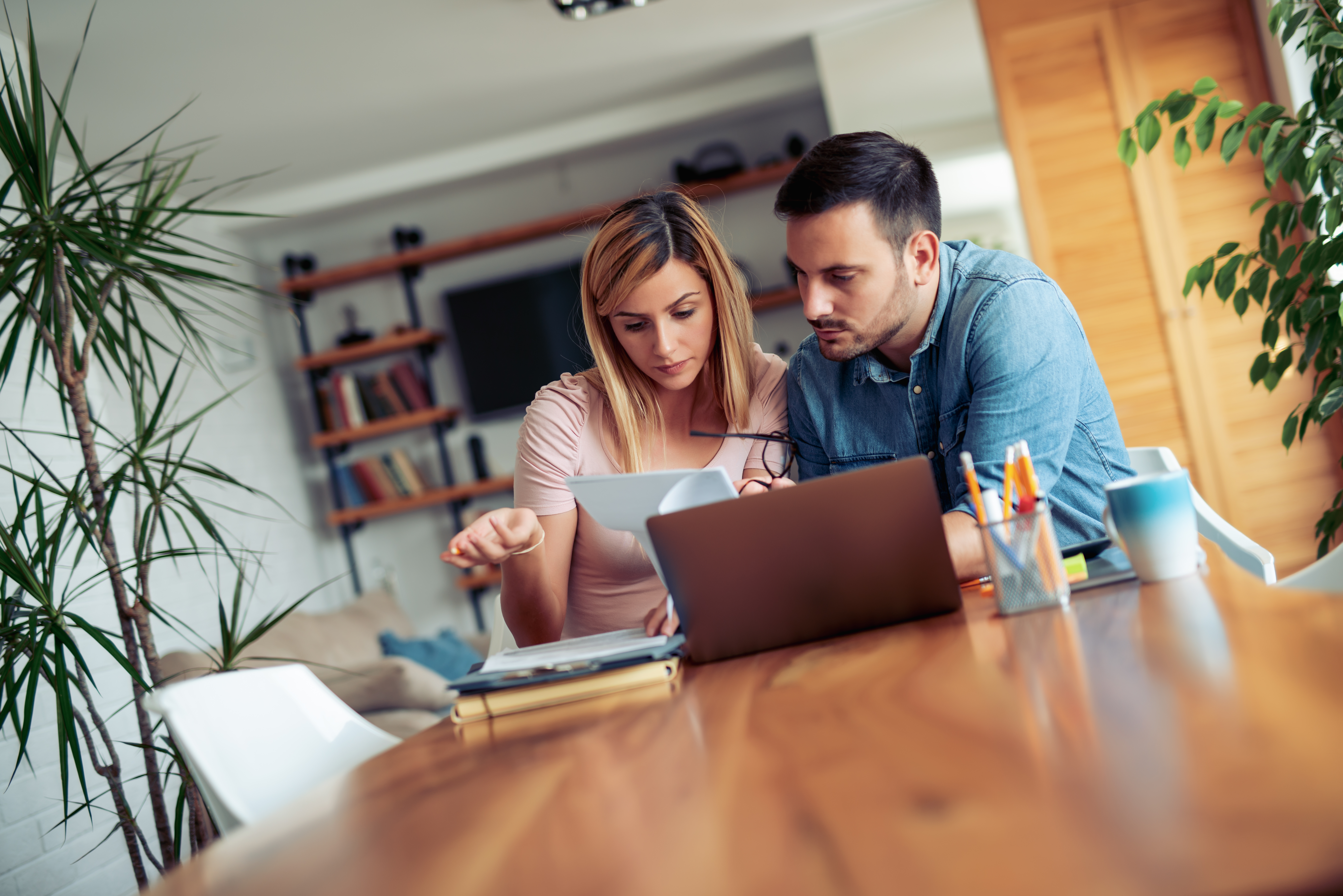Incentives and tax breaks can help reduce your solar and energy storage investment by up to 50% in some states. This helpful article by Penn State University provides an easy-to-grasp introduction into the world of energy tax incentives.
You want to be an energy saver and are interested in going green as much as possible through new energy efficient appliances, home modifications, and perhaps even building a brand-new energy-efficient home. Every level of the U.S. government also wants you to be an energy saver, and is willing to back it up with programs and tax incentives that encourage energy-saving efforts.
Tax Incentive for Energy Efficiency
These tax incentives are not just for individuals. Businesses can also reap tax benefits while helping to save the environment. Applied over a large scale, these credits can save thousands of dollars and make a real difference to your business's bottom line.
How do you find these tax-saving programs? The Internal Revenue Service has information for federal tax incentives, such as those in the American Recovery and Reinvestment Act. Also, several clearinghouse websites can help you find the programs that are most relevant to your needs.
Energy.gov has a handy Energy Saver Guide, as well as articles full of tips to help you save on energy costs.
The Database of State Incentives for Renewables and Efficiency (DSIRE) contains a state map with links showing all of the available programs in any selected state. Applicable federal tax incentives are included in every state's list. Such incentives include the Residential Energy Efficiency Tax Credit, which was reinstated through 2019 and will now be phased out through 2021. For solar electric property and solar water heating property placed in service from 2017 to 2019, the tax credit is 30% of the cost of the equipment. The credit has dropped to 26% for property placed in service in 2020, and 22% for property placed in service in 2021.
You can narrow down the possibilities using filters such as technology, program type, and categories. Clicking on any individual program name leads to a comprehensive project summary.
The Energy Star website has a rebate finder that allows you to locate rebates for energy-efficient appliances and heating/cooling systems by zip code. However, that is only a small part of what the site offers.
Energystar.gov also contains a product finder for products that meet Energy Star standards, ideas for building energy-saving homes and making existing ones more energy efficient, and a separate section to help businesses integrate energy savings into their facilities. The business section contains educational materials to help sell both management and employees on energy-efficient products and practices.
Do not forget to consult your local government (county, city, or planning entities) for other programs that target local green efforts. Ask for advice whenever you shop around for contractors, as they often have knowledge of local programs that may apply to your situation and how to handle the corresponding paperwork.
It is important to read the details on any published tax incentive to verify that the information is still valid, especially for federal programs. Energy efficiency tax initiatives are constantly changing and often allowed to expire, and then get retroactively reinstated by Congress, as in the budget deal that the president signed in 2018. Check the DSIRE and Energy.gov websites and with the IRS to see if any credits are available to you.
Thanks to these government tax incentives, you can now go green while getting some green. If you are considering new appliances or home improvement projects, please look over your options for tax incentive programs. It is a win-win situation for both you and the environment.
This article was from Pennsylvania State University / Daily Collegian and was legally licensed through the NewsCred publisher network. Please direct all licensing questions to legal@newscred.com.





